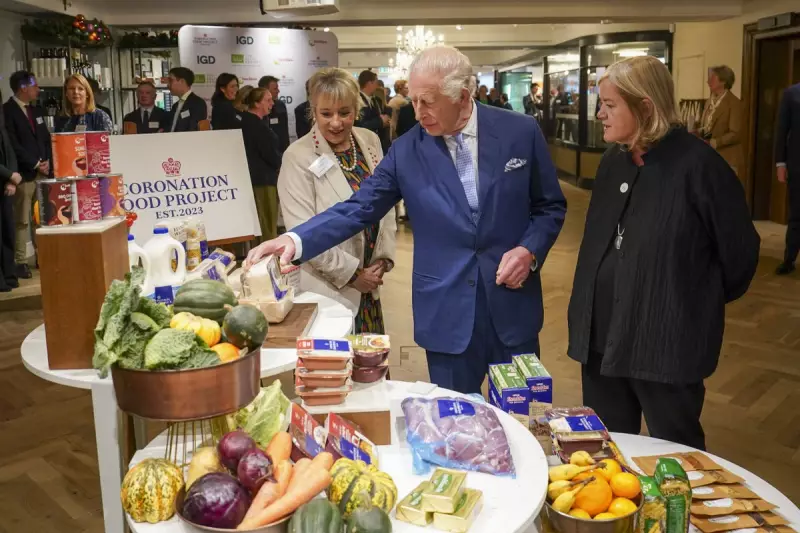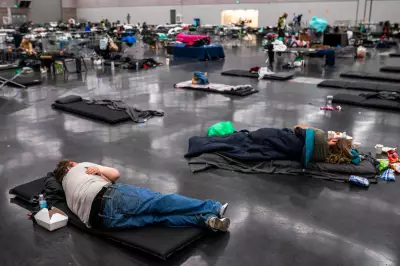
King Charles has marked the second anniversary of a major national initiative he inspired, the Coronation Food Project, by urging supporters that there is still "more to do" in the fight against food waste and hunger.
A Royal Celebration at Fortnum & Mason
The King joined charity leaders, business executives, and project supporters at the iconic London retailer Fortnum & Mason to celebrate the scheme's progress. During the event, he was seen chatting with key figures, including Dame Martina Milburn and Dame Louise Casey, as well as representatives from leading supermarkets and food manufacturers like gourmet ready-meal company Charlie Bigham's.
After a group photograph was taken, the monarch reflected on the project's success but emphasised the ongoing challenge, joking with attendees about whether they were still listening to him and receiving reassurances that they were.
Tackling Waste, Feeding Communities
The ambitious project, launched in 2023, works with main partners including the food redistribution charities FareShare and the Felix Project, alongside the Institute of Grocery Distribution and the King Charles III Charitable Fund.
Its core mission is to rescue surplus food that would otherwise be wasted. To date, the project has delivered an impressive 4,932 tonnes of food to communities in need. This staggering amount is equivalent to more than 11 million meals.
Furthermore, the initiative has awarded over £900,000 in funding through the King's charitable fund to 33 different causes across the UK that are addressing both food waste and food insecurity.
Expanding the Network for Greater Impact
A key part of the project's strategy involves expanding its physical presence. It is currently working to grow its network of Coronation Food Hubs, which are currently located in Liverpool, Birmingham, and south London. The goal is to increase this number to 10 hubs in the coming years, creating a more robust and far-reaching distribution system.
Businesses involved, like Charlie Bigham's, which has donated surplus food for years, highlight the project's vital purpose. Mr Bigham criticised the common practice of sending food waste for anaerobic digestion, arguing that it is not a marvellous solution but a failure when the food is still edible. "That's good food that could be eaten by hungry people," he stated, underscoring the project's fundamental aim to redirect quality surplus to those who need it most.





